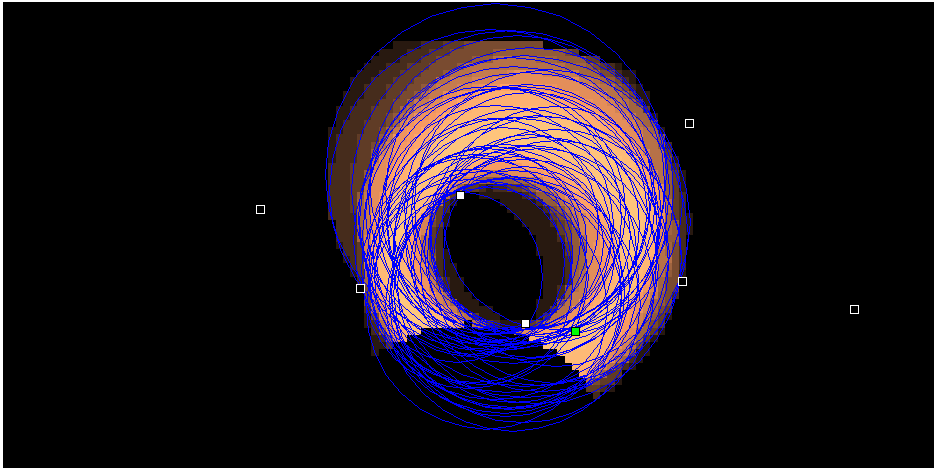Showing posts with label book. Show all posts
Showing posts with label book. Show all posts
Thursday, December 3, 2009
Indiscrete Thoughts: by Gian-Carlo Rota
The conventional approach to teaching abstract ideas and natural sciences are sometimes phrased as, "I do not know how true the story is, I will tell you as it was told to me" [1].
There has been several attempts to break the conventional method of passing the lecture notes from one generation to another so that the classroom environment and learning could be implemented in more effective ways [2]. In the context of discussing the philosophical aspects of what effective teaching and learning environment means to student-teacher relationship, and more importantly to learning, I would like to briefly review the book by Gian-Carlo Rota [3]. Rota was one of the most respected and popular teachers at MIT. He taught difficult but very popular courses in probability, and Applications of Calculus [4].
Rota, as described by others, has always been portrayed as a successful teacher [6]. The book successfully grabs a very rare story told from the perspective of a mathematician and a philosopher. Reading through the book gives a rare glimpse of what it takes to be a successful teacher. The deep philosophy behind every classroom activities and professional life has been elaborated in beautiful ways. The learning theme such as "You learn what you don't know you are learning"; "By and large, 'knowing how' matters more than 'knowing what' " [5] forms the basis of the same philosophy when it comes to teaching. "Ten Lessons I wish I had been taught" and "Ten Lessons for the survival of a Mathematics Department", not only applies to mathematics professionals and students but equally to any academicians. Moreover, it is equally delightful to read his other chapters which involves portrayal of many famous scientists as human beings. The book is absolutely spellbinding.
References:
[1] Sir Walter Scott: "I tell the tale as it was told to me." http://www.readprint.com/work-5618/My-Aunt-Margaret-s-Mirror-Sir-Walter-Scott.
[2] http://uni600.pbworks.com/Annotated+Bibliography
[3] Gian-Carlo Rota. Ed: Palombi, Fabrizio. Indiscrete Thoughts. Boston: Birkhäuser, 2008.
[4] http://en.wikipedia.org/wiki/Gian-Carlo_Rota
[5] http://www.math.tamu.edu/~cyan/Rota.html
[6] Wesley T. Chan (December 5, 1997). "To Teach or Not To Teach: Professors Might Try a New Approach to Classes -- Caring about Teaching". The Tech 117 (63). http://tech.mit.edu/V117/N63/chan.63c.html.



